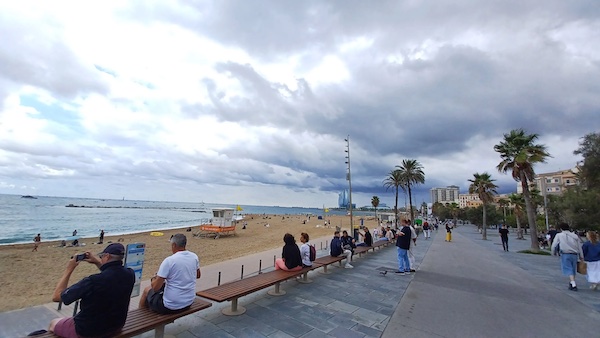The real-estate sector can go from having a negative to a positive impact thanks to sustainability-assessment criteria, as well as good practices

The Esade Alumni Real-Estate Club, in conjunction with the Esade Chair on LeadershipS and Sustainability, held a new ESG session on environmental, social, and corporate governance entitled “The Sustainable Development Goals and their implementation in real-estate companies: The 2030 Agenda and the Paris decarbonization agreements within the framework of the United Nations” to analyze different perspectives on sustainability and the real-estate sector’s contribution to the 2030 Agenda.
After the welcome by Carmina Ganyet (VV ‘03), president of the Esade Alumni Real-Estate Club, in which she highlighted the real-estate sector’s major impact on climate change and the need for the industry to act responsibly, Àngel Castiñeira (ADE ‘95), the academic director of the Chair on LeadershipS and professor in Esade’s Department of Society, Politics, and Sustainability, delivered his speech entitled “Perspectives on sustainability and the private sector’s contribution to the 2030 Agenda.”
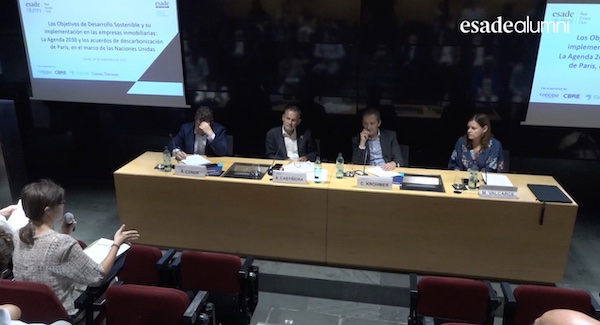
Castiñeira, who introduced ESG as the prose, because it is geared at investors, and the Sustainable Development Goals as poetry, because they afford a more holistic view, highlighted “materiality” analyses and measuring the impact from a financial perspective. Castiñeira cautioned that ESG should not be confused with decarbonization because this is neglecting the social and governance aspects. He stressed the importance of the Triple “P” (Planet, People, and Prosperity) as a new philosophy and recalled that a company can be geared towards ESG or the SDG’s, given that they are interrelated and convergent. He highlighted the need for a fair, speedy green transition as a major challenge. “There are companies that are already in the midst of changing, even though apparently only 15% of the SDG’s are on the way to being fulfilled, which would be really bad news.”
The real-estate sector stands out for its gender parity, sustainability committees, and mentions of the SDG’s in their annual reports. However, the sector can improve its due diligence, its commitment to science-based targets, the circular economy, and business alliances.
The real-estate sector stands out for its gender parity, sustainability committees, and mentions of the SDG’s in their annual reports
Challenges and opportunities for the real-estate sector
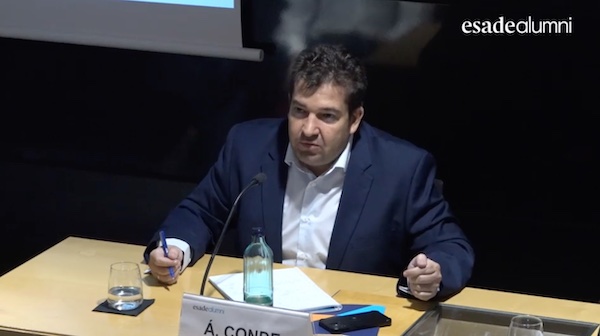
Next Álvaro Conde, director of Governance, Risk, and Compliance, Internal Audits, and Sustainability at Neinor Homes, explained that ESG criteria should be aligned with the company’s strategy. “ESG begins by doing things well, from taking care of employees to delivering homes properly.” Conde believes there are three priorities in an ESG strategy: investors, public administrations, and customers. He also stressed that ratings are important but relative, since there is not yet a standard framework, which leads to major variability when assessing and weighing different factors.
During his talk, Carlos Khromer, director of Corporate Development at Colonial, stressed that ESG is being implemented in all of Colonial’s strategy and objectives, and it even has an active CAPEX decarbonization plan. Governance and having an ESG committee are essential in improving performance. That, plus the fact that it has been implemented for years now, has enabled Colonial to rank among the top five companies in the world working to fulfil the 2050 Agenda. Likewise, Colonial assesses the capacity to lower the carbon footprint in a building’s life cycle as a key criterion in its investments and repositionings.
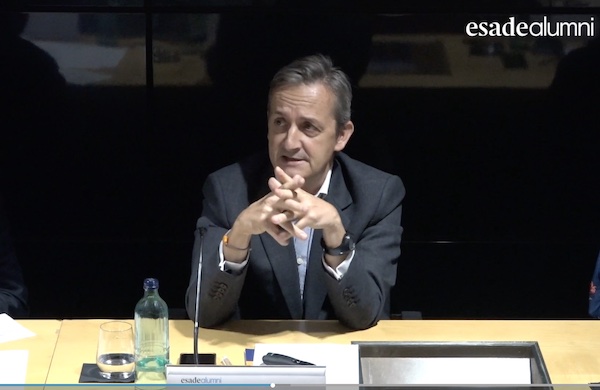
“If you want to manage the carbon footprint, first you have to measure it,” stressed Khromer. And he added that “sustainability is a business opportunity, an opportunity for profitability, and that’s not a minor issue.” Thus, ESG applied to buildings has a massive impact since it allows them to be rented sooner. However, it does not yet have a competitive advantage in the cost of debt, so he concluded that there is a direct correlation with the asset market but not the debt market.
Finally, Margarita Valcarce, regional sales manager for Catalonia at Banco Sabadell, spoke about how to provide support on sustainability matters to everything from financial entities and customers. “The real-estate sector is a priority for sustainability because the housing stock in Spain is comprised of old buildings that are not very energy-efficient. We have to make headway in working with public administrations on funding for rehabilitation,” she stated.
The financial sector is essential in sustainable finances. Starting on 1 January 2023, non-financial companies have to report the proportion of turnover from products and services aligned with the EU’s Taxonomy, as well as the proportion of CAPEX and OPEX related to assets and processes associated with activities aligned with the Taxonomy.
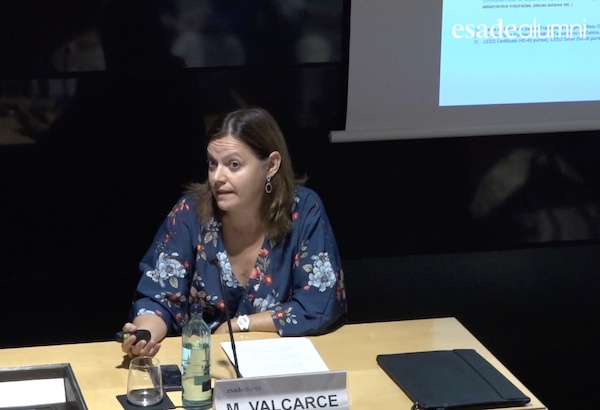
“Sustainability applied to companies is a catalyst of business. In financing applied to sustainability, the investment is eligible according to the EU’s Taxonomy, and for financing associated with sustainability, it is associated with the sustainability indicators agreed upon between the bank and the customer.” Finally, Valcarce suggested that sustainable assets and/or companies are more financeable, and this has an impact on the cost of debt.
Àngel Castiñeira closed the event by referring to the thinking of the philosopher Antonio Gramsci when he stated that “The old world is dying, and the new world struggles to be born: now is the time of monsters.” Castiñeira expressed satisfaction because “we have seen companies that have focused on accelerating the new world. Sustainability is an opportunity for the sector. Now we have to ask ourselves where we are as a company and what homework we should be doing in the short and middle term.”
You can see the session on the Content Hub.








